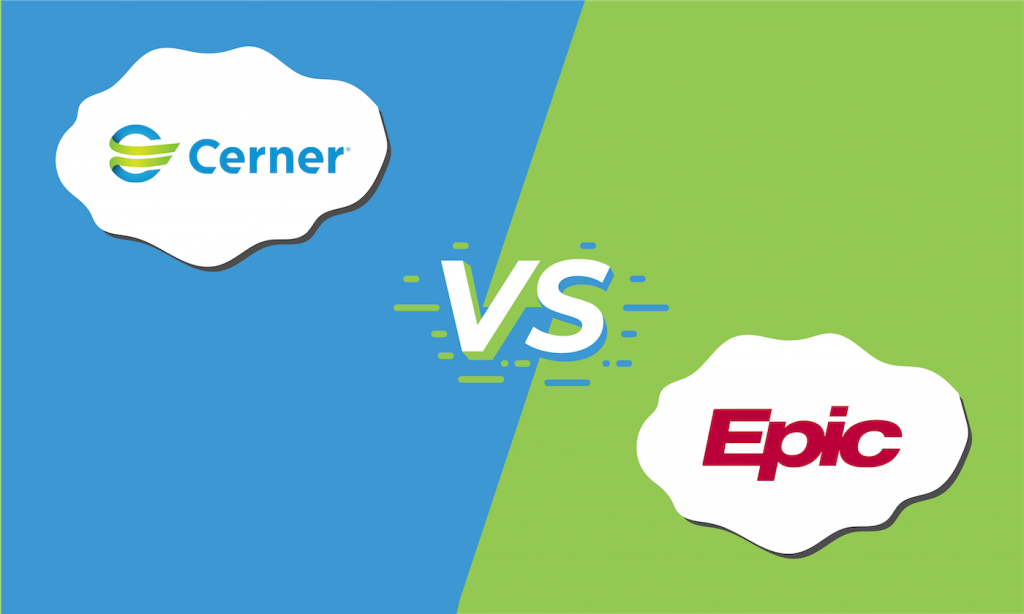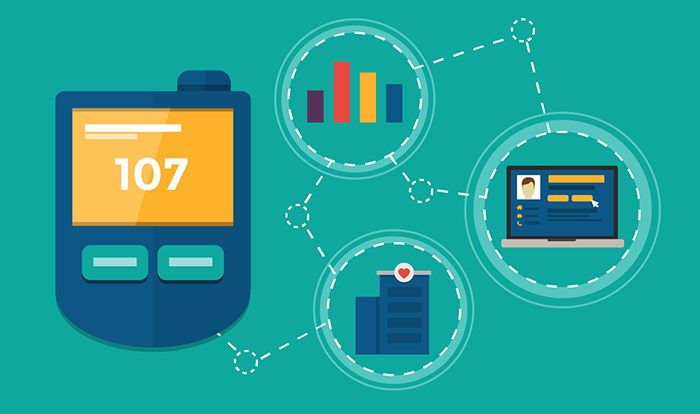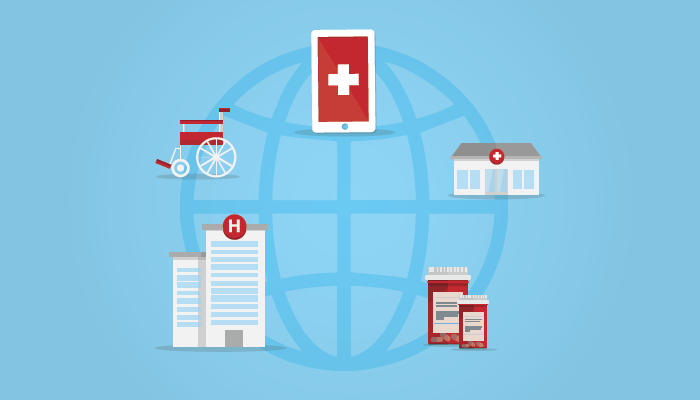Healthcare
-

The Top 5 Medical Practice Management Software Solutions For Your Independent Practice
Medical practice management software is on the rise, and with many hospitals and larger practices having already switched over to practice management systems, it might be time to consider doing the same for your independent practice. There are many options out there when it comes to practice management software, so finding the tool best suited…
-

7 Practice Fusion Paid Alternatives for Your EHR
As you may have heard, Allscripts bought out free EMR-EHR software Practice Fusion in a $100 million deal in late February. An unfortunate outcome for many small practices is that come summer 2018, Practice Fusion will move away from their free model to a $100 a month fee per physician. This change is significant enough…
-

4 athenahealth Competitors For Your Independent Practice
With 28 percent of the EHR EMR market share and revenues over $1 billion annually, athenahealth is a major player in the EHR EMR market. It’s easy to see why. athenahealth offers a cloud-based EHR solution with a B2C-quality user interface, good onboarding and customer support, and interoperability across healthcare providers. But while athenahealth is…
-

Study: Wearable Technology & Preventative Healthcare
Note: You can download the full report from our Research Library! Since wearable fitness devices, such as the FitBit and Nike+, began to appear on the market, the healthcare community has recognized their potential to provide unbiased, accurate insight into patient activity. Patient-generated data can be used to improve preventative care strategies, monitor patient outcomes,…
-

Cerner vs. Epic: Comparing The Biggest EHR Vendors
If you work in healthcare, you’ve heard of Cerner and Epic. Combined, these EHR vendors own 55 percent of the market share for acute care hospitals in the United States. That percentage goes even higher when you narrow in on the 500+ bed hospital market. These are big, costly systems, so there’s little room for…
-

How to Use Patient Satisfaction Survey Data
Do you know what your patients want from their medical experience? Patient satisfaction surveys can give you insights into what your patients do and don’t like about your current practices, and how you can improve them for better retention. The patient churn rate in the United States is currently sitting at about 48% — meaning…
-

Healthcare Trends Private Practices Need to Watch
Given their smaller size and reduced resources, private practices usually aren’t trailblazers when it comes to healthcare trends. That role usually falls to larger hospital networks that can afford to implement costly pilot programs. However, just because they’re not cutting-edge doesn’t mean private practices can keep doing things the way they’ve always done them. Here…
-

Remote Patient Monitoring in Healthcare
When telehealth exploded during the COVID-19 pandemic, remote patient monitoring in healthcare was in the spotlight like never before. Monitoring patients via video calls and wearables once seemed like a far-off possibility, but it is rapidly becoming a must-have option for patients who have grown accustomed to the convenience of remote patient monitoring (RMP). With…
-

Top Considerations for Implementing a New EHR System
Thinking about making the switch to a new electronic health record (EHR) system? As healthcare continues to move forward at an exponential rate, it can prove challenging to keep up while simultaneously providing your patients with quality care. Below are some of the top factors to consider when evaluating EHR software to help make the…
-

A History of Meaningful Use
Note: This is the first of a three part series on the state of Meaningful Use. Check back next week for part two, which will focus on what the Stage 3 Proposed Rule would mean for providers and health IT vendors. ____ April 1st marked the official opening of comments for the Meaningful Use Stage…
-

5 Free DICOM Viewers for Any Practice
Despite high adoption rates and a myriad of choices, the complexity of many medical software systems can frustrate even the most technologically literate provider. Interoperability woes can make it difficult to share and view medical images from disparate systems, especially if providers are using outdated EMR software or don’t have a Picture Archiving and Communication…
-

3 of the Best Optometry EHR Systems
In our recent study on EHR usage in the greater Nashville area, we found that 62 percent of optical specialties – ophthalmologists, optometrists, and therapeutic optometrists – currently use an EHR system in their practice. Of that 62 percent, an impressive 83 percent use best-of-breed systems. Not only do the best-of-breed systems work; they work…
-

Avoid Delays with this EHR Implementation Checklist
Implementing an EHR can be a long and confusing (not to mention expensive) endeavor for hospitals and practices. Even worse, many practices end up so unhappy with their chosen program that they decide to switch vendors. That means a whole other round of implementation, complete with on-site IT staff, patient delays, and frustrated doctors and…
-

Are Physicians Really Technology Averse?
One unexpected consequence of the HITECH Act is the emergence of a physician stereotype , a doctor who favors paper records over software, a provider who can’t manage online scheduling and instead remains committed to scheduling appointments over the phone. But does this popular narrative contain any truth? Yes, the transition to electronic medical records…
-

5 Benefits of Telemedicine for Providers
People often complain that the healthcare industry lags behind the times. Why can’t everyone email their doctor? Why do you have to see a doctor in person every time you have a question? Why is it so difficult to get medical records transferred? As millennials grow up and older generations become more tech savvy, questions…